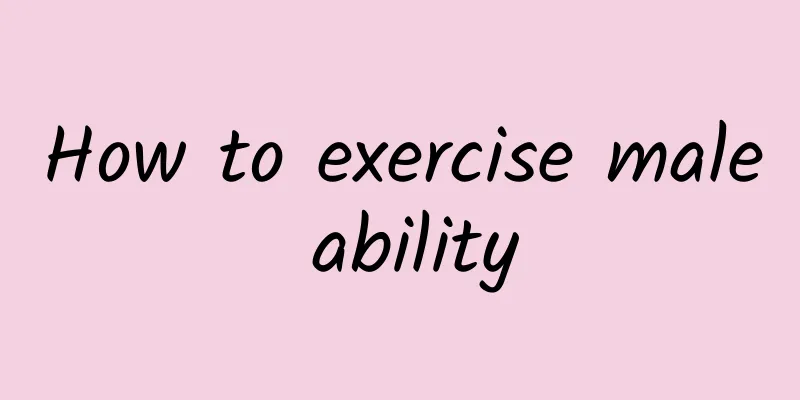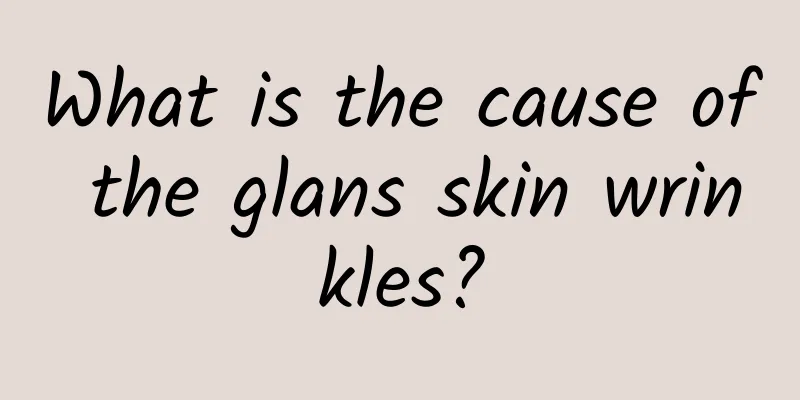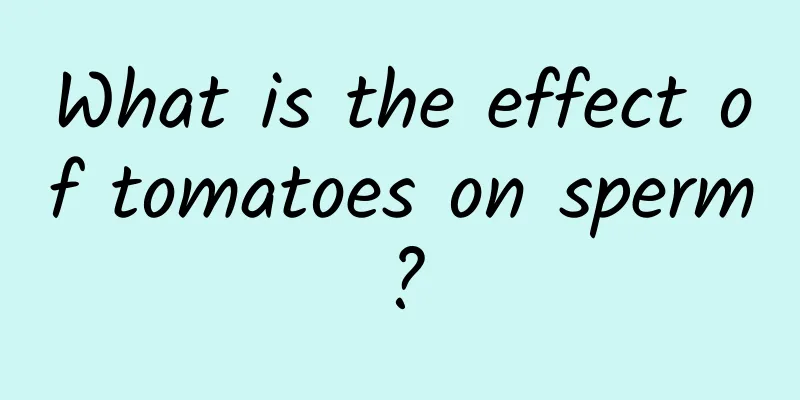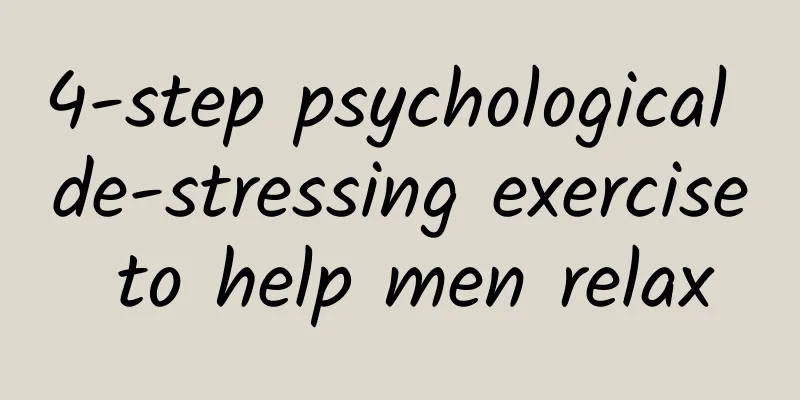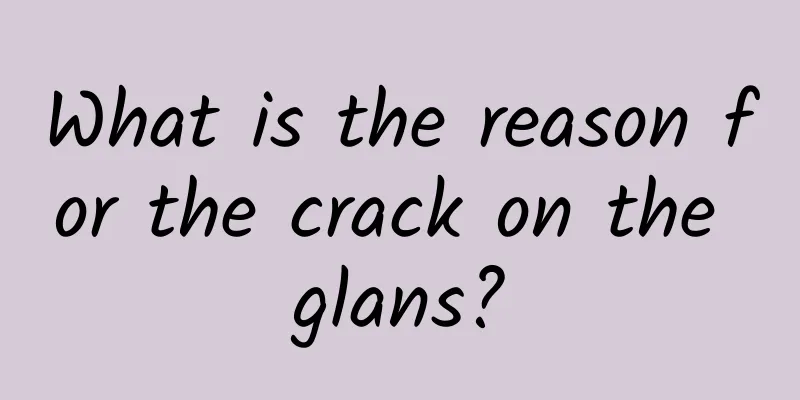Why don't you ejaculate after drinking?

|
Many people believe that alcohol can promote sexual desire, but for men, it can also lead to the situation of not ejaculating after sex. What is the reason? This is probably due to the alcohol concentration in the blood. But it may also be because after drinking, the pleasure experienced during sex is not very strong, so the ejaculation is delayed. Generally speaking, this situation will disappear after sobering up. In fact, the main ingredient in the wine we drink is alcohol. The effect of alcohol on the human body's nerves is first excitement and then inhibition. People who drink frequently or drink a lot can cause damage to the nervous system and lead to sexual dysfunction. In this case, it can affect ejaculation. Anejaculation means that during sexual intercourse, the penis can erect normally and become hard, but when orgasm occurs, it cannot ejaculate or cannot ejaculate in the female vagina, and cannot reach orgasm. After the penis is erect for a period of time, it slowly becomes soft and returns to normal. It is an ejaculation disorder that occurs when sexual intercourse lasts for more than 45 minutes without ejaculation and the body feels tired. Anejaculation is divided into primary anejaculation and secondary anejaculation. Primary anejaculation means that the erect penis has never been able to ejaculate in the vagina; if one has ejaculated during sexual intercourse in the past but now has lost the ability to ejaculate in the vagina, it is secondary anejaculation. Ejaculation, a basic biological term, is the reflex action of male animals to eject semen during sexual intercourse. For humans, ejaculation is a series of coordinated actions of various parts of the reproductive system, and semen is ejected from the penis. It consists of a two-step spinal reflex, the primary of which is centered in the lumbosacral spinal cord, with sensory impulses transmitted by touch receptors in the glans penis. The neurophysiology of ejaculation is only partially understood. Studies have shown that dopaminergic systems promote ejaculation while serotonergic systems inhibit ejaculation. The primary neural mechanism of ejaculation is somatic innervation, but it also involves nerves and fibers from the autonomic nervous system in the vagina. The autonomic branches of the parasympathetic nervous system primarily control erectile function, while the sympathetic and somatic branches primarily control emission and ejaculation. |
<<: What exercises can help you get an erection?
>>: Why don't you ejaculate when wearing a condom?
Recommend
What causes pain in the right chest of a man?
If a male friend has right chest pain, there may ...
Nine factors that make a strong man
Men need more of almost all the major nutrients t...
Top 10 keywords for men's health
TOP.1 Sub-health Reason for being on the list: 90...
Do you believe that semen can not only be eaten but also beautify your skin?
When men look at women, besides looking at whethe...
What harm does excessive masturbation do to the body?
Men must first have a good body to better protect...
What is the cause of thyroid nodules?
Thyroid enlargement and the formation of nodules ...
What foods should you eat to lose weight in winter? This kitchen item actually works wonders!
In the blink of an eye, the snowy winter is comin...
Groin exercises can improve sexual performance. Choose these three methods to improve sexual performance.
For male friends, regular exercise in the groin a...
Uncover the benefits of sleeping naked for men
For Chinese people who are used to sleeping with ...
What causes men's back pain?
Back pain is a very common phenomenon in our dail...
What is the cause of mild asthenozoospermia?
Mild asthenozoospermia, as the name suggests, mea...
What causes dizziness and sweating? Pay attention to these reasons
Sweating is a normal phenomenon of the human body...
What is the function of the chest muscles? How to train the chest muscles
Many men pursue a body with perfect lines and cur...
How to run without hurting your knees? Three tips you must learn!
During the running process, bones and muscles wil...
Words that make women wet
Nowadays, serious people are no longer welcome. D...
